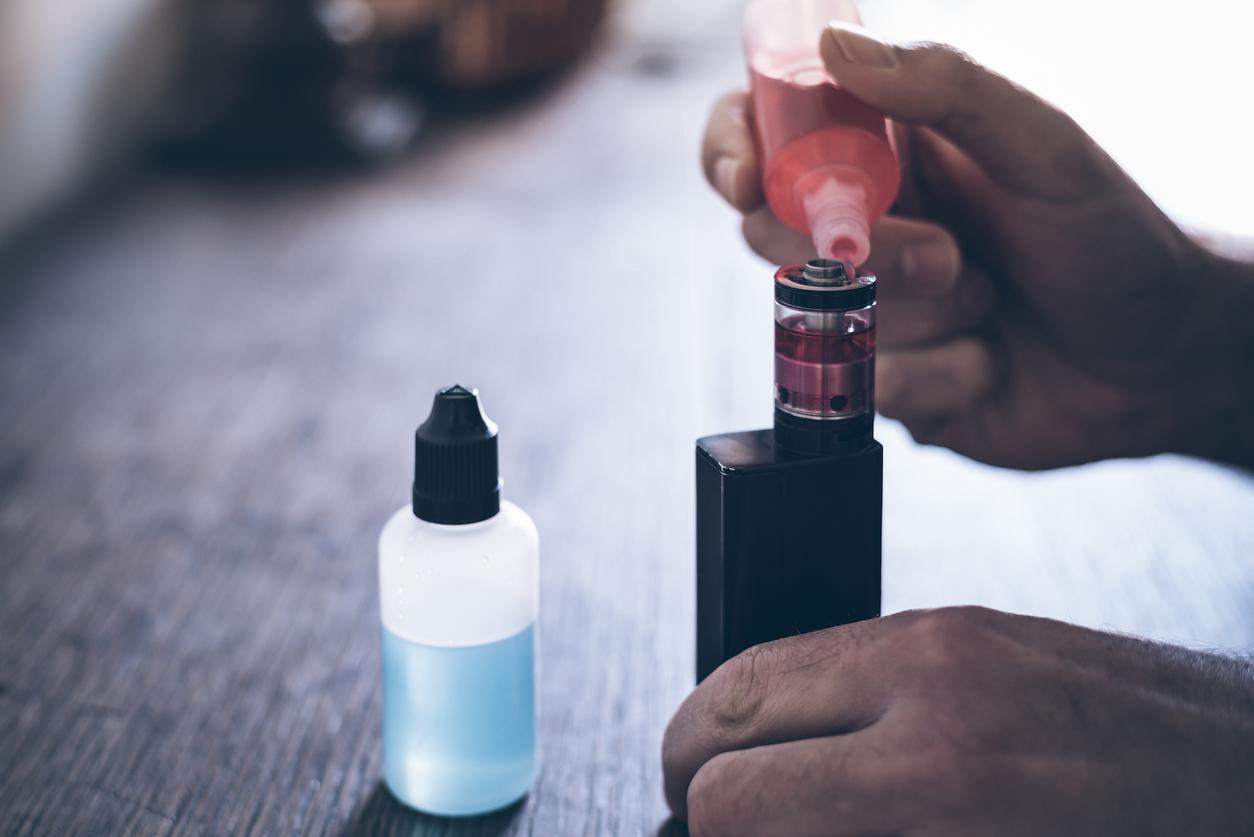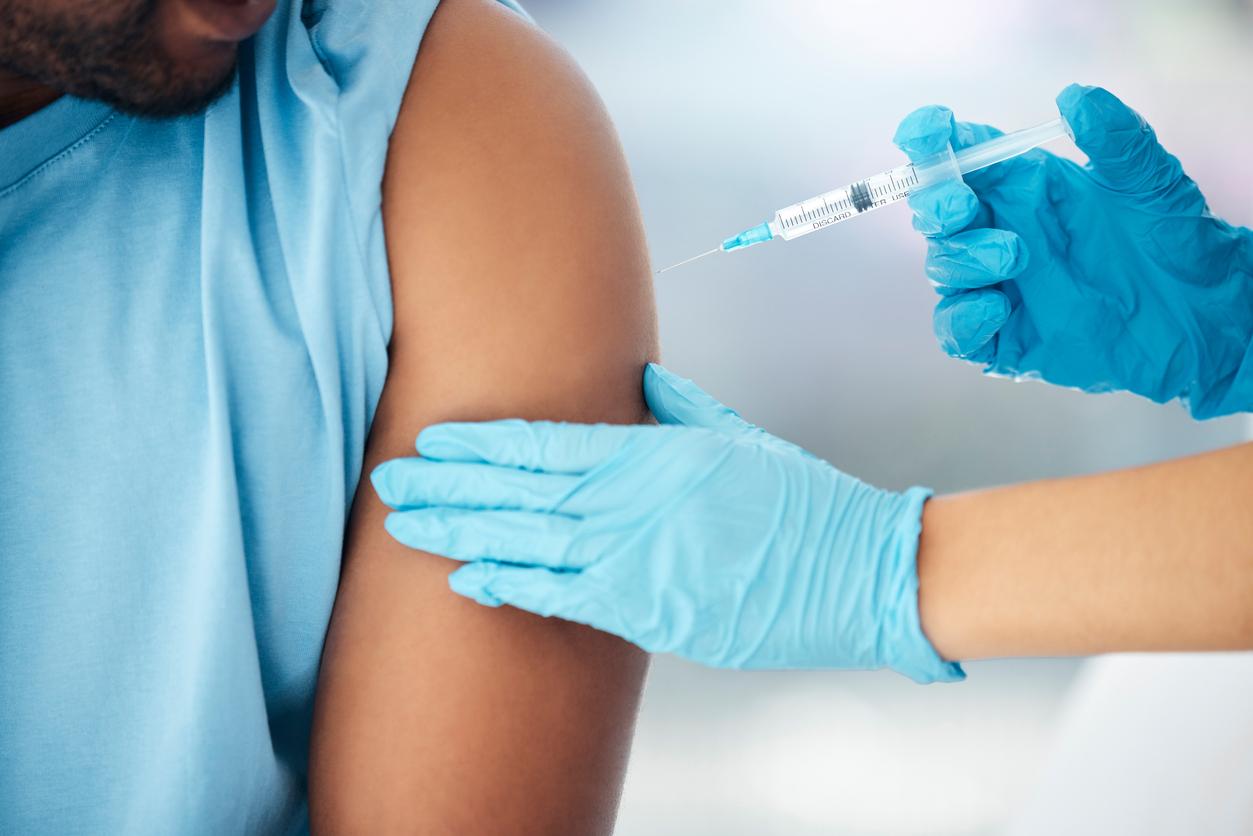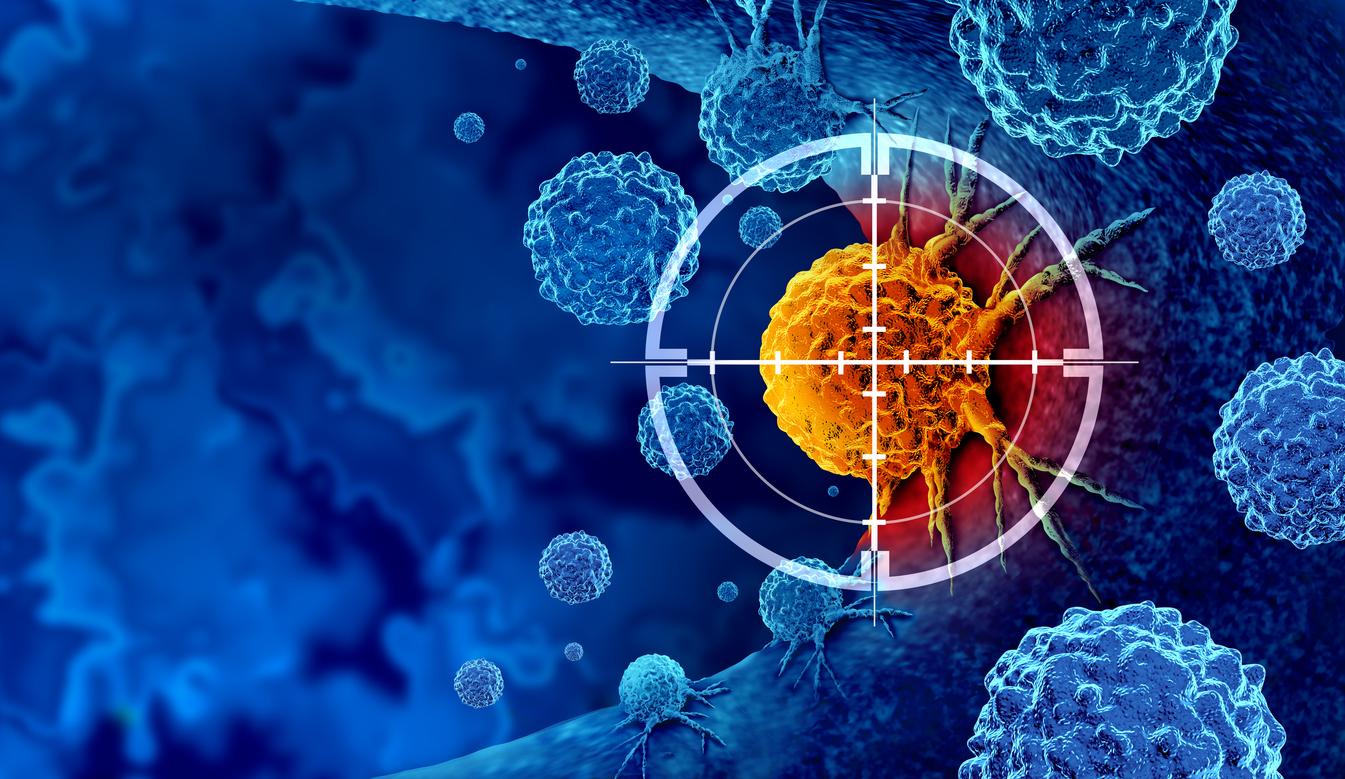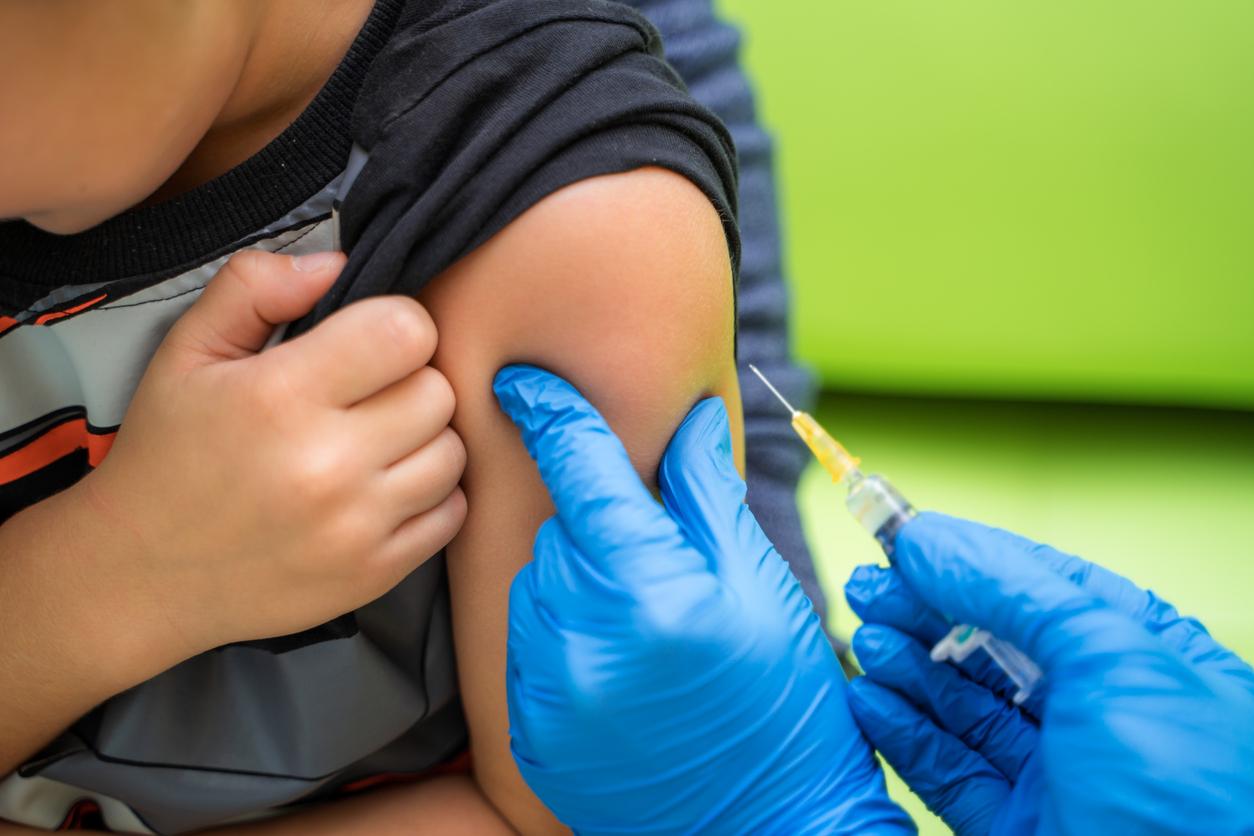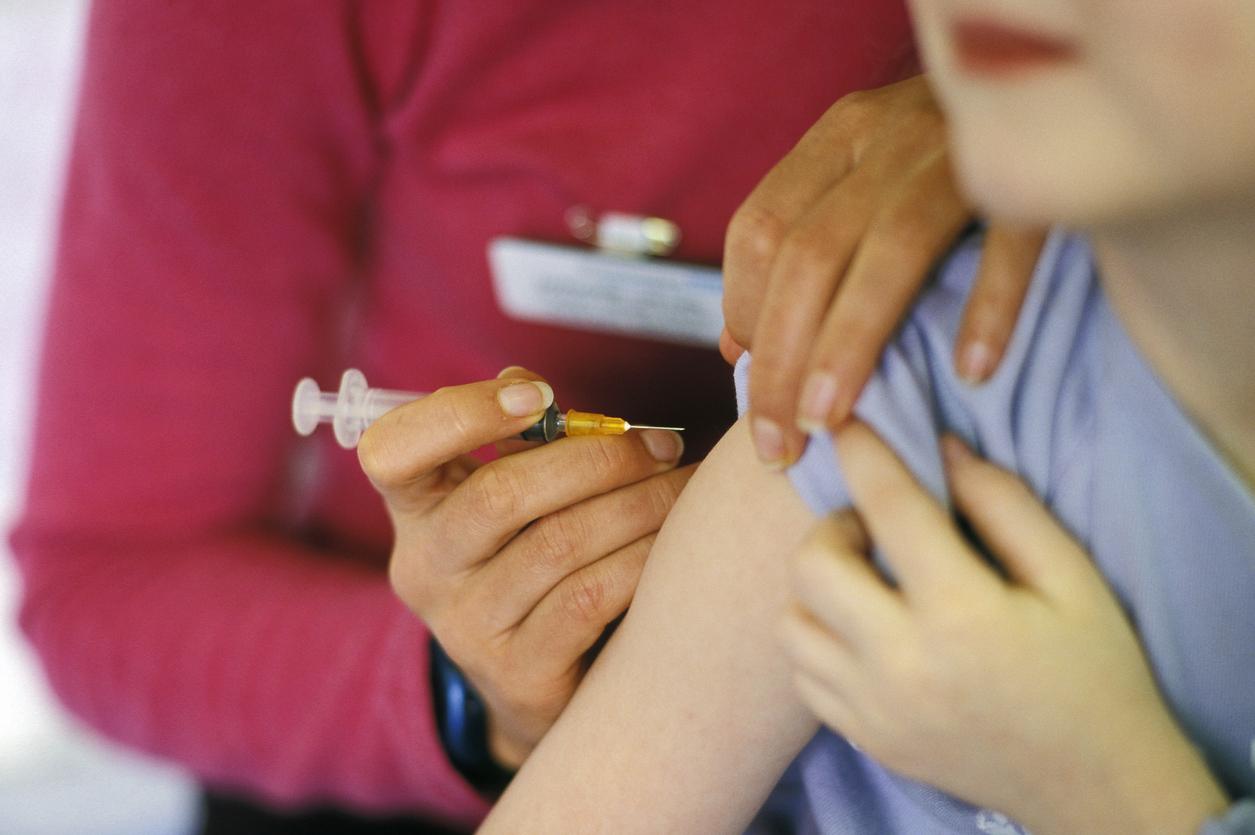“In the next 10 to 20 years, we should start to see reductions in Cervical cancer“, assures Mélanie Drolet, doctor in epidemiology, questioned by the Journal of Quebec. The researcher and her team from the CHU de Québec-Université Laval Research Center carried out the “biggest major study” since the launch of vaccination programs against human papillomavirus (HPV). And it appears that the vaccine is effective in fighting cervical cancer.
An 83% decrease in the incidence of infections
Posted in The Lancet On June 26, the results are the result of a meta-analysis of 65 studies, carried out in 14 countries offering vaccination and spread across North America, Europe and Australia. Data from 60 million people made it possible to compare the incidence of infections caused by HPV, from condyloma (genital warts) and precancerous lesions of the cervix (changes in tissue cells, which can develop into cancer) before and after the launch of vaccination campaigns.
Researchers have shown that the frequency of infections was reduced by 83% in girls aged 13 to 19. “These are the most virulent that cause 70% of cervical cancer cases so to see reductions of 80% is really substantial”, explains Mélanie Drolet, still at the Quebec media. Ditto for precancerous lesions of the cervix, whose decreases were 51% in girls aged 15 to 19 and 32% in women aged 20 to 24.
“This study provides the first tangible evidence that HPV vaccination could prevent cervical cancer since there are significant reductions in infections that cause cancer and lesions that occur just before you get cancer. “, she concludes. The vaccine would also have an impact on condylomas, both in women and men. Scientists have observed decreases in diagnosis, up to 67% less cases in girls aged 15-19 and up to 48% in boys of the same age.
A “universal” vaccination?
Last February, the World Health Organization (WHO) pleaded with the States so that all girls are vaccinated against HPV. She recalled that each year, more than half a million women are diagnosed with cervical cancer and that 300,000 die from it. In the process, 50 learned societies asked for the extension of vaccination to young girls, but also to boys to prevent this cancer. In Australia, which has already implemented HPV vaccination and screening campaigns, it should be classified as rare disease within two years.
Read also :
- Organized screening for cervical cancer: “We wait 20 years”
- Cervical cancer: artificial intelligence better than a smear?
- Papillomavirus: a call for a “universal” vaccination










